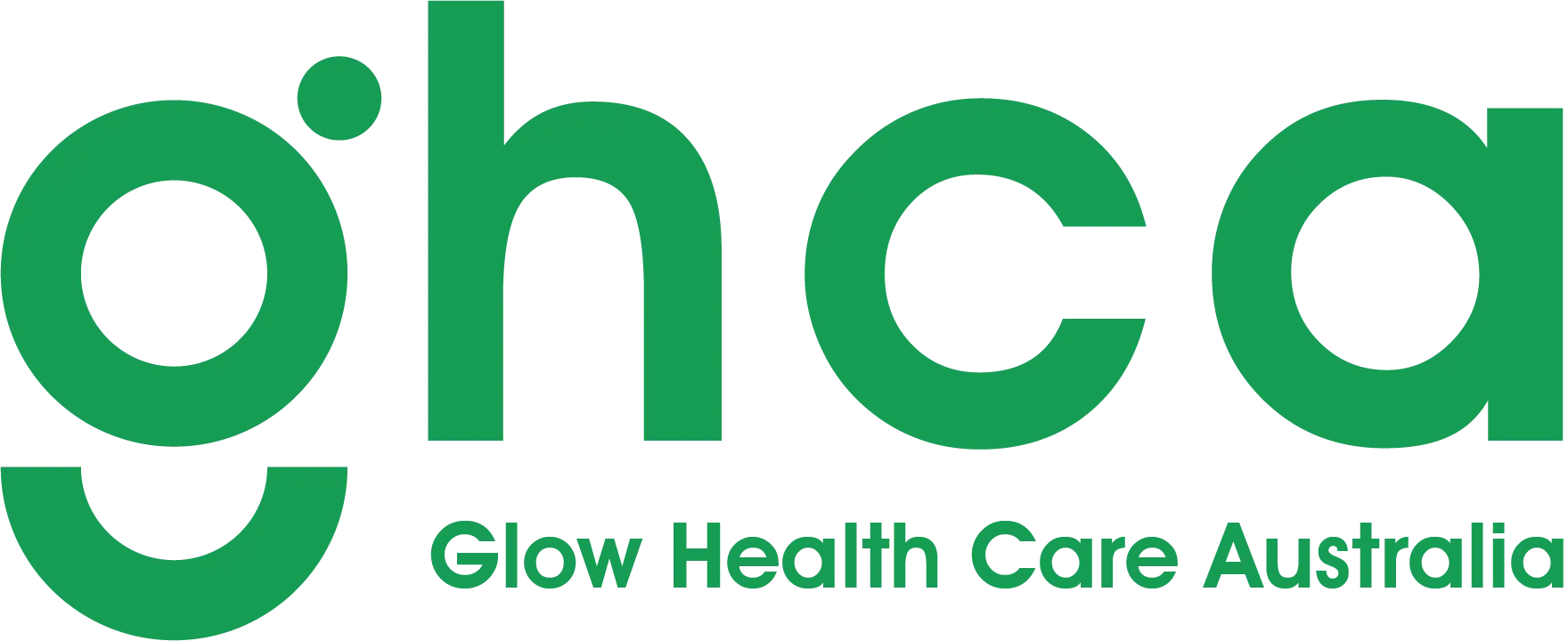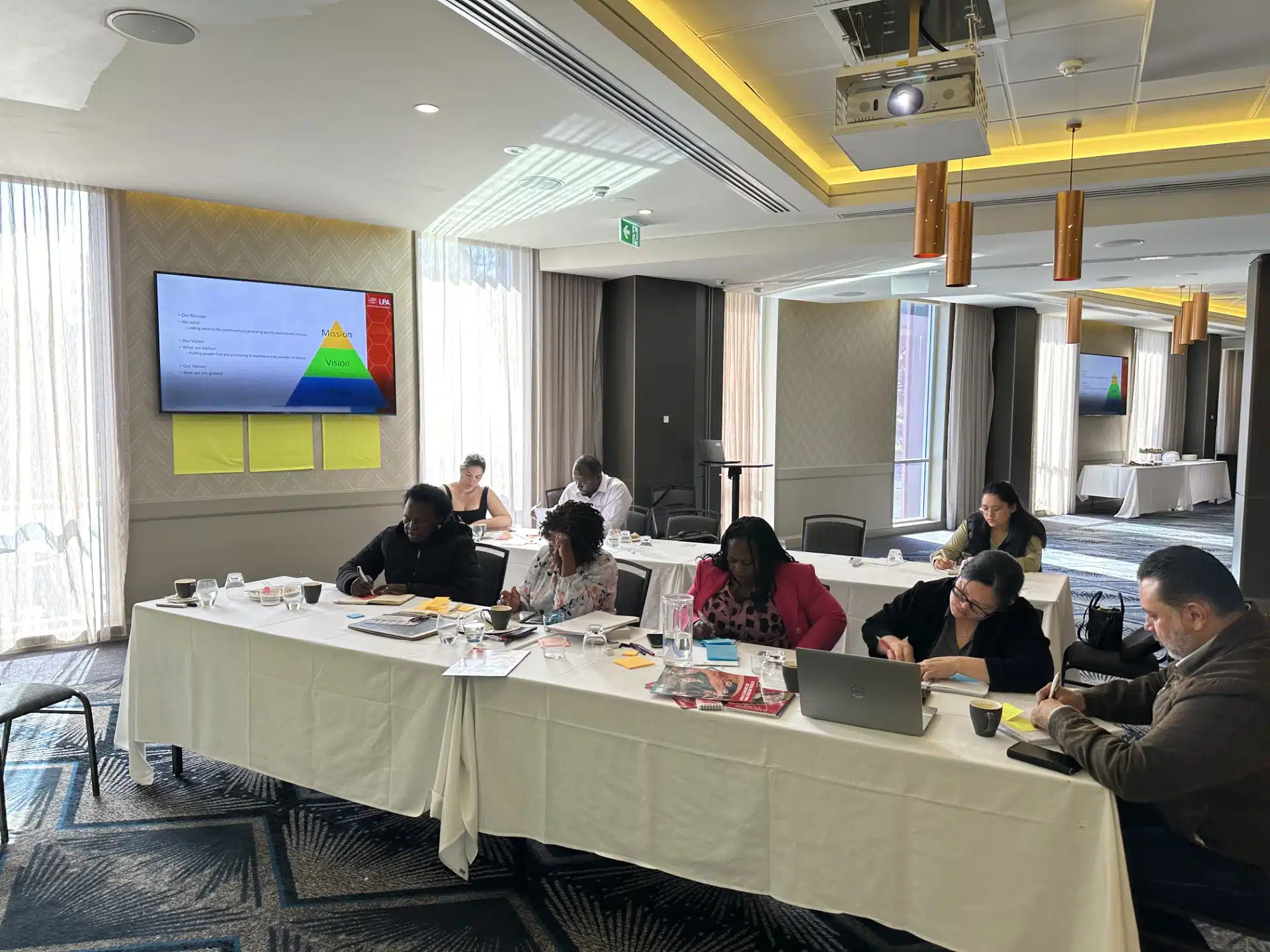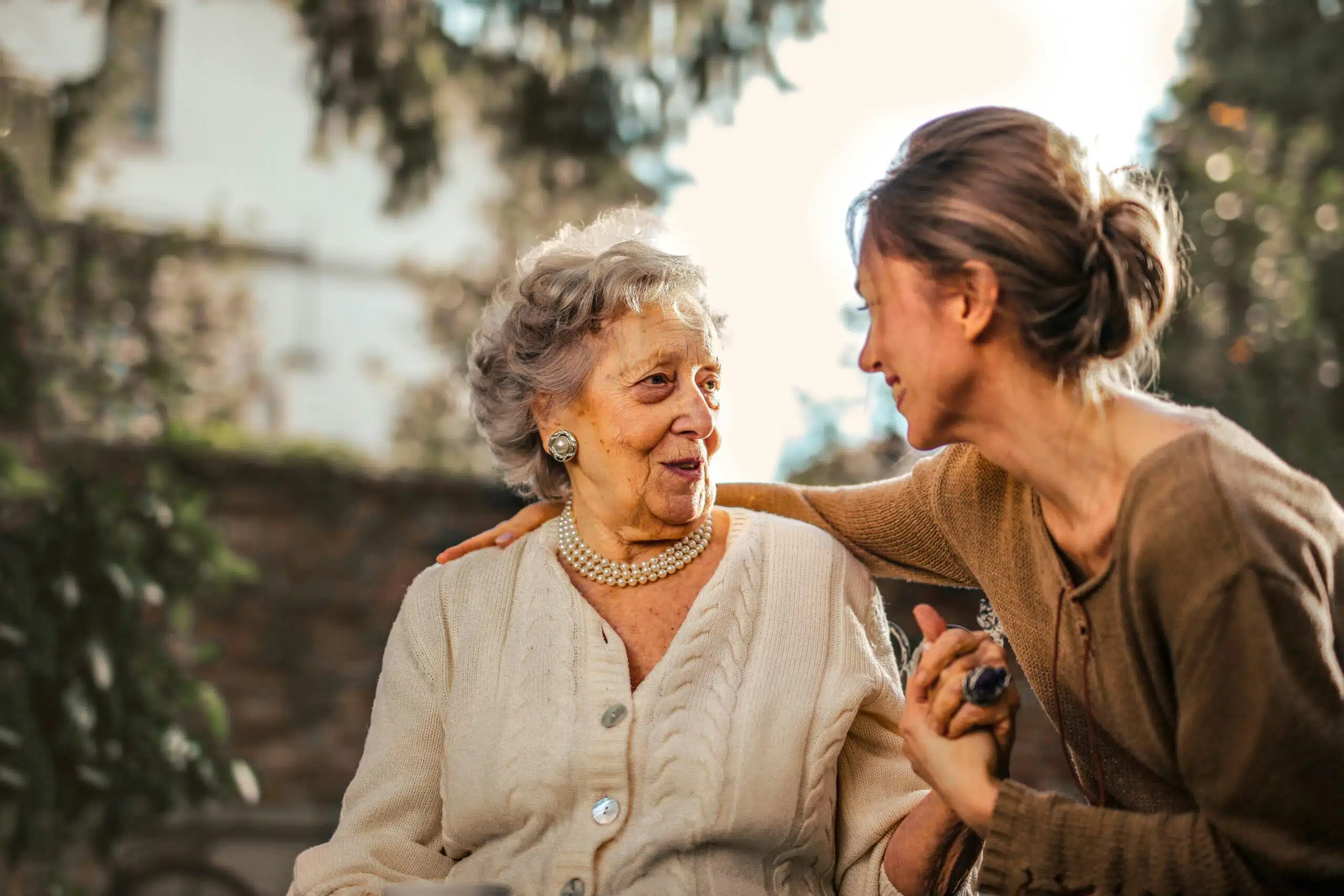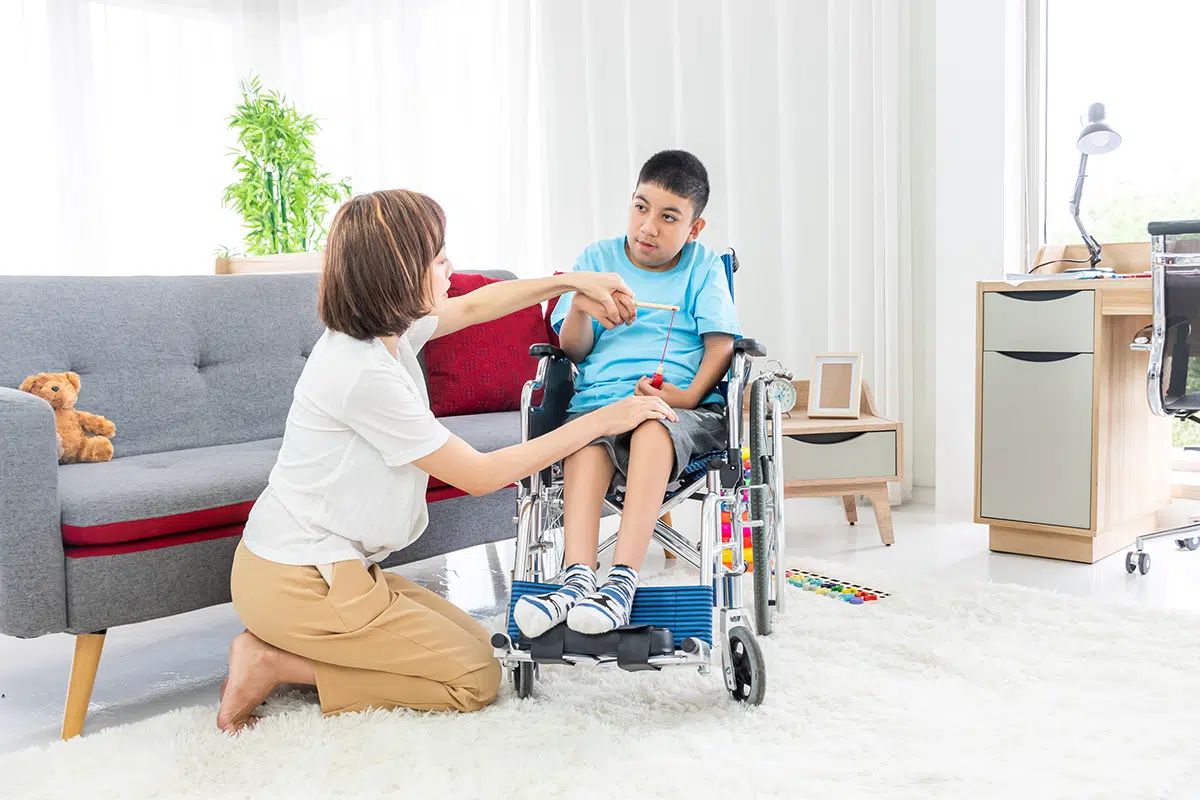5 Inspiring Ways GHCA Champions Cultural and Linguistic Diversity
Cultural and Linguistic Diversity in Community Health
Cultural and linguistic diversity is more than a buzzword in Australian healthcare—it’s a commitment to recognising every individual’s unique background and needs. At Glow Health Care Australia (GHCA), we champion this diversity through inclusive practices, community-focused programs, and a diverse team. For example, GHCA has implemented a range of initiatives to ensure culturally safe, accessible services. In this post, we explore 5 inspiring ways GHCA supports culturally and linguistically diverse (CALD) communities with compassion and innovation.
Understanding Cultural and Linguistic Diversity in Care
24/7 Reliable
Services
Quality Care
Assurance
Personalised Staff
Pairing
Fair Pricing
Commitment
Australian Standards Embracing Diversity in Healthcare
Moreover, Australian healthcare standards formally recognise the importance of cultural and linguistic diversity in delivering quality care. For instance, Standard 1 of the Aged Care Quality Standards requires providers to treat all aged care clients with dignity and respect, and to value each person’s identity, culture and diversity health.gov.au. In addition, the Australian Government’s Aged Care Diversity Framework (2017) outlines actions to ensure services meet the needs of people from diverse backgrounds health.gov.au.
This framework – supported by initiatives like Partners in Culturally Appropriate Care – guides aged care organisations in creating inclusive, culturally safe environments for older Australians. Similarly, the National Disability Insurance Scheme (NDIS) has a CALD Strategy (2024–2028) affirming a commitment to meet the cultural and language needs of all participants ndis.gov.au. These policies and standards underscore that cultural inclusion is not optional, but an expected part of quality care. Providers are encouraged (and often required) to offer interpreter services, train staff in cultural competency, and adapt care plans to each client’s cultural preferences. By aligning with these standards, GHCA ensures our services exceed basic compliance and truly celebrate cultural and linguistic diversity.
GHCA’s Commitment to Inclusive, Culturally Diverse Care
At GHCA, our mission is to create a welcoming space that reflects the rich cultural tapestry of our community. We know that delivering excellent care means understanding the cultural context of each client – whether they are an elderly aged care client, an NDIS participant with a disability, or a child in our youth services. Importantly, this commitment starts with our own team. GHCA proudly welcomes employees from diverse cultural and linguistic backgrounds, including Aboriginal and Torres Strait Islander peoples and those with disabilities. We value diversity and inclusivity in our workforce, because a diverse team is better equipped to understand and meet the needs of diverse clients. As a result, our staff collectively speak many languages and understand various cultural customs, which helps clients feel heard and comfortable. For example, GHCA’s personalised staffing solutions often pair clients with support workers who share similar language or cultural backgrounds. Likewise, all of our services are delivered with cultural sensitivity. Our disability services and child and youth services teams take care to respect each family’s cultural norms, dietary requirements, and communication styles. Additionally, staff undergo ongoing training in cultural awareness so that everyone – clients, families, and care providers – feels respected and understood. GHCA’s core values of Trust, Respect, Equality and Empowerment guide us in fostering an environment where cultural and linguistic diversity is celebrated every day.
1. Multicultural Mental Health Support
GHCA’s Multicultural Mental Health initiative ensures that mental wellbeing support is accessible and effective for people of all cultural backgrounds. We recognise that culture deeply influences how individuals view mental health and seeking help. Moreover, language or stigma can be major barriers to care. To bridge these gaps, GHCA provides culturally sensitive counseling and mental health services. This includes offering interpreters or bilingual counselors for clients who prefer to speak in their native language, and providing educational materials about mental health in plain, translated language. For example, our team might organise mental health workshops in multiple languages or partner with community elders to address stigma in CALD communities. By tailoring mental health support to each culture, clients are more likely to open up and engage in services. In addition, GHCA staff are trained in cultural competency for mental health, learning about traditions or beliefs (such as spirituality, family dynamics, or attitudes to therapy) that may affect a client’s approach to mental wellness. This way, a client from a refugee background dealing with trauma, or an elderly migrant facing isolation, will receive understanding, relevant support. GHCA’s Multicultural Mental Health support fosters trust and healing by showing clients that their cultural identity is respected as an integral part of their mental health journey.
2. Community Support Program for CALD Inclusion
Our Community Support Program is a vibrant outreach initiative designed to combat social isolation and empower CALD individuals and families. Many people from culturally and linguistically diverse communities – especially seniors and new immigrants – can feel isolated or unable to access services. GHCA’s program proactively reaches out to these community members to ensure they don’t fall through the cracks. For instance, we host regular community gatherings and information sessions in various languages. These might include multicultural community festivals, support group meetings for carers from CALD backgrounds, or simple morning teas where seniors from different cultures can connect and share stories. Additionally, the program helps newcomers navigate Australian health and social systems. GHCA community support workers (many of whom are bilingual) assist families in understanding how to access aged care or disability support, fill out forms, or connect with local cultural associations. Moreover, we collaborate with ethnic community organisations and places of worship to spread important health information. During the COVID-19 period, for example, GHCA volunteers helped translate public health advice and even arranged phone check-ins for isolated elders. Through these efforts, the Community Support Program builds bridges – it breaks down cultural barriers, fosters a sense of belonging, and ensures everyone knows they have a support network to turn to. The result is a stronger, more inclusive community where CALD clients feel seen and valued.
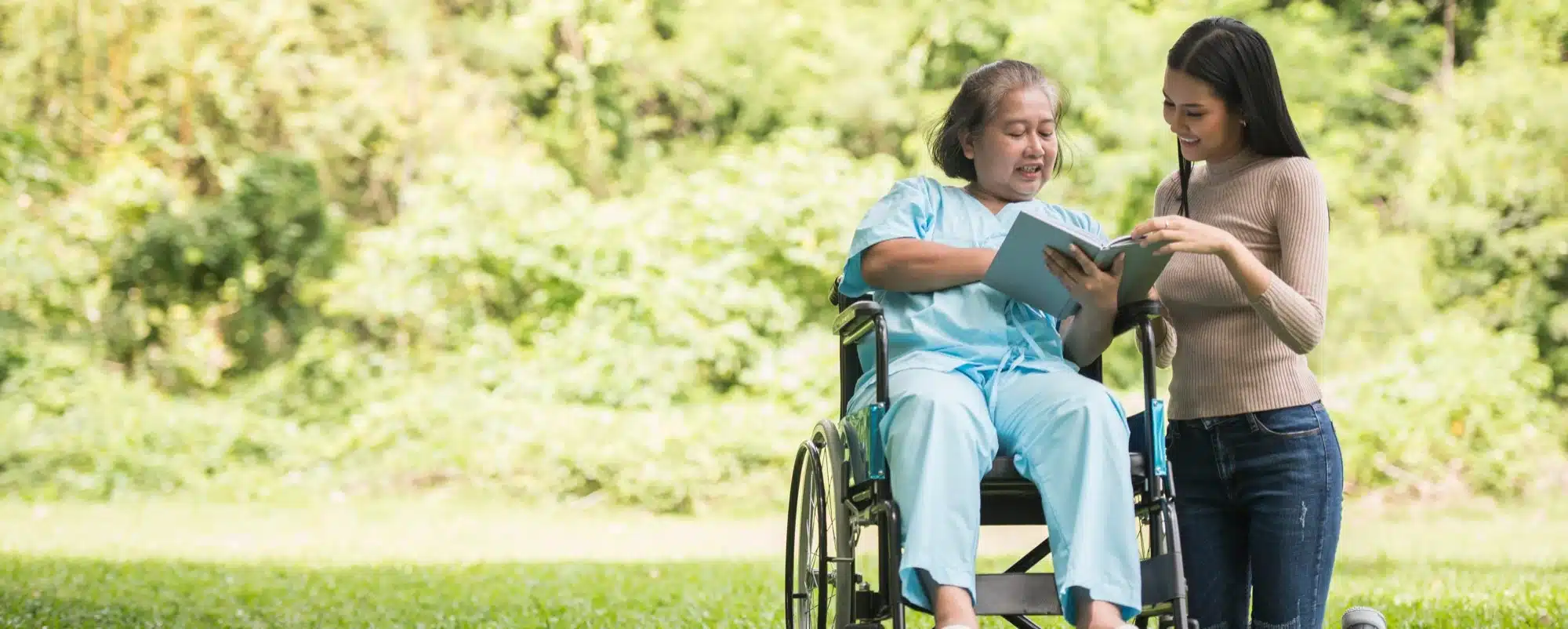
3. Career Development for Diverse Talent
GHCA believes in empowering our staff and community members to grow and shine, which is why Career Development is a key pillar of our diversity strategy. This initiative focuses on providing training and advancement opportunities, particularly to people from CALD backgrounds pursuing careers in healthcare and social services. In many cases, skilled immigrants or young people from CALD communities face extra hurdles in advancing their careers – from language barriers to lack of local experience. GHCA’s Career Development programs help overcome these hurdles. For example, we offer mentoring, scholarships, and on-the-job training for support workers and nurses within our organisation. A support worker who speaks Arabic or Mandarin, for instance, might be mentored to become a team leader, with coaching on communication skills and leadership in an Australian healthcare context. Furthermore, GHCA partners with multicultural employment services and colleges to recruit trainees and graduates from diverse backgrounds. Additionally, we provide workshops on resume writing, interview preparation, and professional English language skills – empowering CALD jobseekers to confidently pursue roles in aged care, disability support, or youth work. By investing in our staff’s professional growth, GHCA not only builds loyalty and expertise within the team, but also ensures that management and leadership roles within the company become more culturally diverse. This creates positive role models and a workforce at all levels that truly reflects the community we serve. Ultimately, our Career Development initiative helps talented individuals from all cultures build meaningful careers, which in turn improves the cultural responsiveness of care delivered to clients.
4. Cultural Support Services and Language Access
Language should never be a barrier to quality care. GHCA’s Cultural Support Services ensure that clients’ cultural and linguistic needs are met throughout their care journey. This comprehensive service includes professional interpreters, multicultural liaison officers, and culture-specific guidance for care teams. For instance, if a client or family has limited English proficiency, GHCA arranges for interpreters or bilingual support workers for all important meetings and care instructions. Having staff who speak a client’s language provides comfort and clarity – it fosters trust and breaks barriers to accessing services multiculturalaustralia.org.au. Moreover, our cultural support team advises other GHCA care staff on specific cultural protocols or preferences. Additionally, we maintain resources on diverse cultural practices, so our caregivers understand things like religious dietary requirements, culturally appropriate personal care, or important festivals and observances for the client. If an older client from a Vietnamese background enters our aged care program, for example, we make sure their care plan respects their food preferences and any cultural rituals that are important to them. We might also involve a Vietnamese-speaking coordinator to communicate with the client’s family. By actively integrating cultural support into daily services, GHCA upholds cultural and linguistic diversity in every interaction. Families often express relief knowing they can communicate in their preferred language and that caregivers “just get” their way of life. This service not only improves client satisfaction, but it also educates and enriches our staff – everyone gains a deeper appreciation for Australia’s multicultural heritage. In essence, Cultural Support Services ensure that care is not one-size-fits-all, but personalised and culturally safe.
We are registered with TIS National.
For free interpreting services call 131 450 (24/7) or visit TIS National Contact.
For GHCA enquiries call 1300 157 715 or (02) 8660 1936.
5. Workers’ Rights Support Program
Our commitment to diversity extends to how we support our own workers, especially those from CALD communities. GHCA’s Workers’ Rights Support Program is a unique initiative that educates and empowers our employees (and contractors) about their workplace rights and protections. Many in the care workforce – such as international students or recent migrants – may be unfamiliar with Australian workplace laws or hesitant to speak up about issues. Through this program, GHCA ensures every staff member is treated fairly, respectfully, and in accordance with the law. We conduct regular training sessions on topics like fair pay, safe working conditions, anti-discrimination policies, and how to report any concerns. For example, new support workers joining GHCA attend an orientation where their rights and responsibilities are clearly explained in simple English (and translated materials if needed). They learn about entitlements such as leave, maximum hours, and the zero-tolerance policy for any form of harassment or abuse. Furthermore, GHCA has set up a confidential feedback channel (available in multiple languages) where workers can voice concerns or suggest improvements. This program creates a supportive environment where diverse staff feel confident and protected. Moreover, by championing workers’ rights, GHCA benefits our clients too – a respected and empowered workforce is more motivated and delivers higher quality care. Additionally, the program involves mentorship for CALD staff, pairing less experienced employees with senior staff who can guide them on career progression and workplace culture. Whether it’s helping a Filipino-born nurse understand her award wage, or supporting a young carer from India in balancing study and work, GHCA stands beside our staff. Our Workers’ Rights Support Program not only upholds equity and justice within the organisation, but also reinforces GHCA’s reputation as an employer of choice in the community.
A Community Where Everyone Belongs
Glow Health Care Australia’s dedication to cultural and linguistic diversity is woven into everything we do – from our recruitment and training to the programs we offer in the community. We know that embracing diversity isn’t just the right thing to do, it’s also the smart thing to do for better health outcomes. By investing in these initiatives – Multicultural Mental Health, community outreach, career development, cultural support, and workers’ rights – GHCA is building a more inclusive and responsive care environment.
Our aged care clients, NDIS participants, families and health professionals all benefit from services shaped by empathy for different cultures and languages. Moreover, we draw inspiration from frameworks like the Aged Care Quality Standards and work hand-in-hand with multicultural communities to continuously improve. The result is care that feels personal and empowering.
At GHCA, cultural and linguistic diversity is celebrated every day as we help Australians from all walks of life thrive. We invite you to join us in this mission – together, let’s continue to create a healthcare system where everyone feels they belong and every voice is heard.
